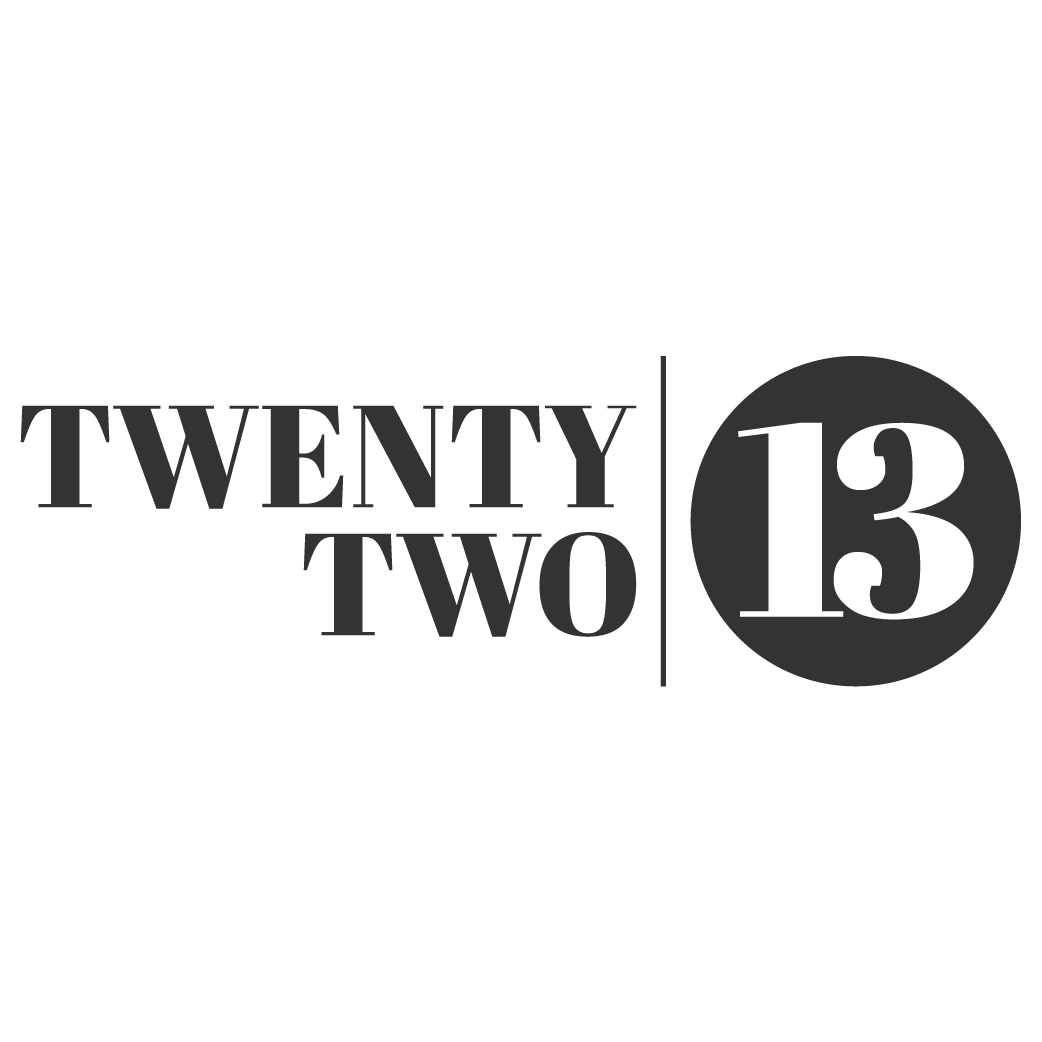Asking questions is a fundamental right, not a provocation, say Malaysian media advocates
4 days ago
Media groups are sounding the alarm over what they describe as a growing pattern of intimidation and exclusion against journalists in Malaysia, warning that such actions threaten the country’s press freedom.
While such incidents were once rare, press advocates note a troubling increase in both their frequency and severity. Journalists are facing retaliation not just for their coverage but simply for doing their jobs – asking questions.
Though these issues often go unreported in the media due to concerns about prolonging conflicts with other parties, journalists have privately shared that they have been barred from attending press conferences, removed from official mailing lists, threatened with legal action and, in some cases, targeted with police reports.
Right to ask questions
“Let’s be clear. Asking questions is not a provocation. It is our duty,” said Radzi Razak, spokesman for Gerakan Media Merdeka (Geramm).
“The media is not here to curry favour with power, but to hold it accountable.”
He added that when authorities shut the doors on journalists simply for doing their jobs, they are not just attacking individuals but also “attacking the public’s right to know.”
Radzi believes the hostility stems from a fundamental misunderstanding, or perhaps a deliberate dismissal, of what journalism entails.
“When officials or political actors respond to scrutiny with accusations of bias or demand that certain ‘sensitive’ topics be off-limits, it reveals a growing intolerance that must be challenged,” he told Twentytwo13.
Datuk Ahirudin Attan, president of the National Press Club Malaysia, said those who call the media for press conferences must be prepared to face difficult questions, as journalists are simply seeking facts.
“We don’t want to be sued for defamation or report fake news. Journalists have a job to do. They ask questions. Sometimes, tough questions,” Ahirudin wrote in his latest article published today in Scoop.
“The media will continue to ask difficult questions and probe, especially if we feel we are not getting the right answers.”
Ahirudin wrote that Datuk Ridzuan Abdullah, president of the deregistered non-governmental organisation Ikhlas, had taken the blame-the-media game to the next level.
He added Ridzuan recently called a press conference to air his and Ikhlas’s grievances with local construction and development company Malaysian Resources Corporation Berhad. At the event, reporters asked Ridzuan about his ongoing court case involving a Malaysian Anti-Corruption Commission charge.
“Ridzuan took umbrage with all these revelations and called those reporters (or the media they represent) ‘talibarut’ (lackeys) of the company that he and his NGO were targeting,” Ahirudin wrote.
Malaysian Press Institute Chief Executive Officer Ainol Amriz described the trend as concerning, reflecting a deterioration of tolerance toward media practitioners.
However, Ainol also stressed that journalists must uphold ethics and integrity in their reporting to avoid spreading false information that could harm the country.
“There should be open dialogue between the media and concerned parties, for example the government, so any tension can be resolved professionally and not through threats or restrictions,” he said.
“Malaysia needs a stronger legal framework to protect journalists from threats, intimidation or discrimination in the course of their work.”
The Malaysian media landscape
Malaysia is ranked 107 out of 180 countries in the 2024 Press Freedom Index published by Reporters Without Borders. The organisation specifically cited political pressures, a lack of access to public information and harassment of journalists as key challenges.
In 2025, the country ranked 88, a partial recovery credited to ongoing legal and structural reforms, including efforts to establish stronger media oversight. However, despite the improved ranking, intimidation and pressure on journalists remain prevalent.
In a recent development, the Malaysian Media Council (MMC) Act came into effect on June 14, following long-standing calls for better media governance. On the same day, Communications Minister Datuk Fahmi Fadzil announced the names of the 12 founding board members of the MMC.
According to media reports, the act stipulates that the MMC will consist of a 21-member board with representatives from media companies, civil society, government agencies and media practitioners.
The MMC is tasked with upholding ethical standards, resolving complaints and improving the welfare of media workers, including freelancers and digital journalists.
...Read the fullstory
It's better on the More. News app
✅ It’s fast
✅ It’s easy to use
✅ It’s free









